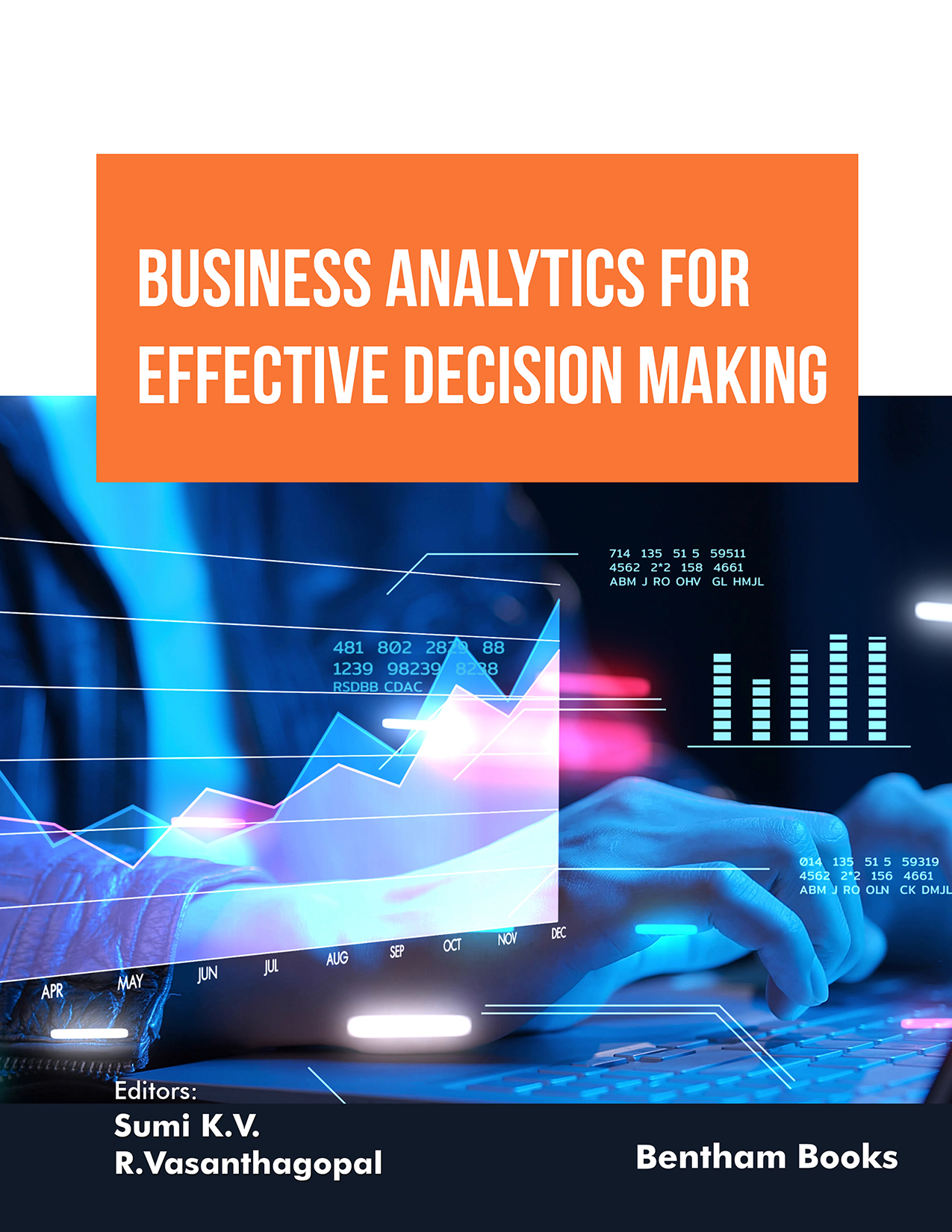Introduction
Business Analytics for Effective Decision Making is a comprehensive reference that explores the role of business analytics in driving informed decision-making. The book begins with an introduction to business analytics, highlighting its significance in today's dynamic business landscape. The subsequent chapters review various tools and software available for data analytics, addressing both the opportunities and challenges for professionals in different sectors.
Readers will find practical insights and real-world case studies across diverse industries, including banking, retail, marketing, and supply chain management. Each chapter provides actionable insights and concludes with implications for implementing data-driven strategies.
Key Features:
- - Practical Examples: Real-world case studies and examples make complex concepts easy to understand.
- - Ethical Considerations: Guidance on responsible data usage and addressing ethical implications.
- - Comprehensive Coverage: From data collection to analysis and interpretation, the book covers all aspects of business analytics.
- - Diverse Perspectives: Contributions from industry experts offer diverse insights into data analytics applications in business research, marketing, supply chain and the retail industry.
- - Actionable Insights: Each chapter concludes with practical implications for implementing data-driven strategies.
Readership
Professionals, researchers, and students interested in leveraging data analytics to drive business outcomes. analysts seeking to deepen their understanding; executives aiming to make data-driven decisions

